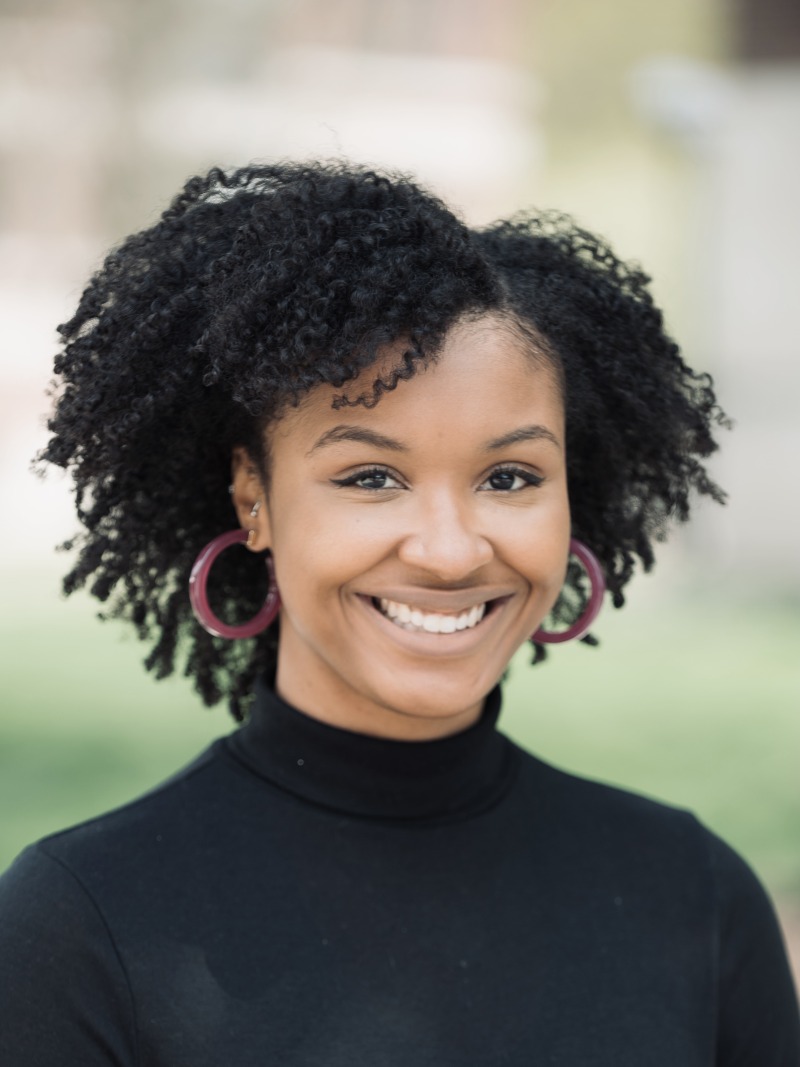She found her path to science. Now she wants to help others do the same.
Five questions with Assistant Professor Chelsey Spriggs

How did you get started on your path to scientific research?
I've always been interested in science and the scientific method, ever since I was in elementary school when we would do our science fair projects. But I didn't really know that it was an option for me to be a scientist as career until near the end of college. I was a microbiology major, but I thought that if you are a science major, you could be a medical doctor, a veterinarian, or a science teacher. I ended up doing undergraduate research to fill degree requirements, and my mentor really took me under her wing and helped me to figure out that I liked doing research. I could see a career forward in science by looking at her experience. She helped me understand how to apply for graduate school, and from there I went on to get my Ph.D. in microbiology.
When you learned more about the variety of career options for scientists, what made you want to run an academic research lab?
One thing that really draws me to academic research is the opportunity to work with students and train the next generation of scientists. Going back to my undergraduate mentor, she was such an important person for my career trajectory. If I hadn't ended up in her lab and she hadn't shown me that I could do this, I don't know where I would be right now, career-wise. It’s so important for people to be able to see themselves in science, and a lot of people who are first generation or from underrepresented backgrounds haven't had that experience. So, staying in academic research allows me to answer cool research questions and also help people to figure out how they can fit into science.
What research questions will you be exploring with your new research program?
My research group is interested in understanding the relationship between virus infection and cancer. We are investigating two types of viruses: oncogenic viruses that cause cancer, and oncolytic viruses that have been proposed as a potential treatment for killing cancer cells. We are specifically interested in how these viruses enter cells and the role of viruses in transformation.
What excites you most about your research?
What's exciting for me is that my research touches on lots of areas — microbiology, cancer biology, cell biology — so there is a lot of potential for collaboration both at U of M and outside of it. It excites me to think about who I might be working with in the future, or where my science will take me. In this field, we often come up with ideas and write grant proposals and think, ‘This is what I'm going to study.’ But then maybe you have a grad student who's interested more in a connected area, or you set up a new collaboration, and you find something new to explore. So, I'm looking forward to seeing how my science grows and shifts and changes throughout the years.
You did your postdoctoral research here at the University of Michigan. When you were ready to set up your own independent research program, what made you decide to join the faculty at U of M?
There are really two reasons. The first is just personal. My family is in Detroit, I was raised in Detroit, and the Southeast Michigan connection is appealing to me because I'd love to be able to interact with Detroit public schools and students in the area.
But the other reason is that, throughout my postdoc, Michigan was so supportive and collaborative. Even though I had some other really great options and opportunities, there's just something about the support system here. And the science and research resources at Michigan are fantastic, too — so it really tipped the scales just knowing that I can do great science and I will be supported in my career while I'm here.


